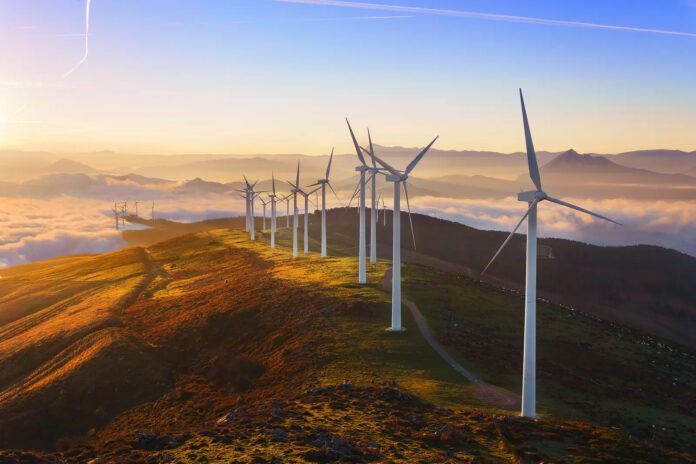It has signed a Virtual Wheeling agreement with national power provider, Eskom
In what Vodacom says is a first-of-its-kind agreement, the operator has signed a Virtual Wheeling agreement with national power supplier Eskom in South Africa. The intention is to accelerate a remedy for the country’s energy crisis and help the operator towards its goal of obtaining all its electricity from renewable energy sources by 2025.
South Africa suffers regular, planned power cuts (known as load shedding) as Eskom strives to avoid national blackouts when demand exceeds supply. This affects telecom services, among many other things.
In the last financial year, Vodacom South Africa spent more than R4 billion (€200 million) on back-up power and R300 million (€10 million) in operational costs like diesel for generators.
Virtual wheeling
Through the Virtual Wheeling agreement, Vodacom will secure electricity from independent power producers (IPPs) under the same terms and conditions as its agreement with Eskom. IPPs generate and sell electricity to utilities (such as Eskom), governments and end users.
Previously it was not possible for a large company like Vodacom, with complex power requirement to source power from IPPs. Vodacom has 15,000 low-voltage mobile sites in 168 municipalities across the country.
Vodacom proposed aggregating the supply and consumption of energy from the IPPs to Eskom, known as Virtual Wheeling. Next, Vodacom’s subsidiary Mezzanine and Eskom co-developed a technology platform to extend Virtual Wheeling to enterprises including Vodacom.
The scheme’s potential
Shameel Joosub, Vodacom Group CEO, said, “Vodacom’s partnership with Eskom is transformational in that our Virtual Wheeling solution will enable South Africa’s private sector to participate in resolving the energy crisis, which continues to impact the country’s economy.”
Sitho Mdlalose, CEO of Vodacom South Africa, added, “Think of it like purchasing renewable energy certificates, but most importantly, it also has the added benefit of positively impacting the supply deficit currently being experienced and nurturing the growth of renewable energy production in South Africa.
“We estimate that this initial phase will move approximately 30% of Vodacom South Africa’s power demand onto renewable sources, a significant step towards our 2025 renewable energy ambitions. To make up the difference, we are working hard at exploring and developing additional solutions.”
Wider goals
Despite the abundance of solar, wind and hydropower resources, 600 million people in Africa lack access to electricity. At a recent Africa Climate Summit held in Nairobi, leaders recognised that Africa has a unique opportunity to pursue a less carbon-intensive development with the right financing and technology.
Vodacom claims the agreement between Eskom and Vodacom has the potential to accelerate this opportunity on the grounds that the Virtual Wheeling blueprint provides a clear plan for involving the private sector in stabilising South Africa’s grid.
Vodacom also says the approach can be fast-tracked, depending on the licensed capacity of independent power producers.



